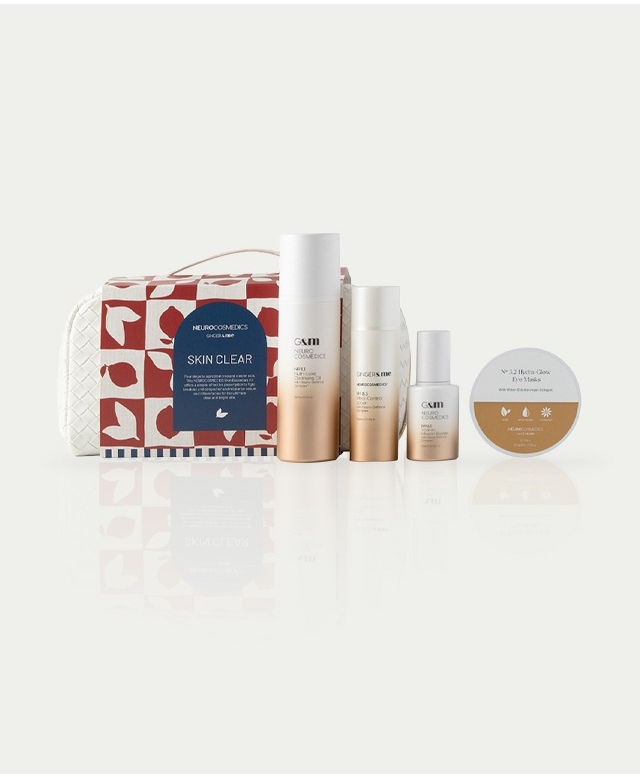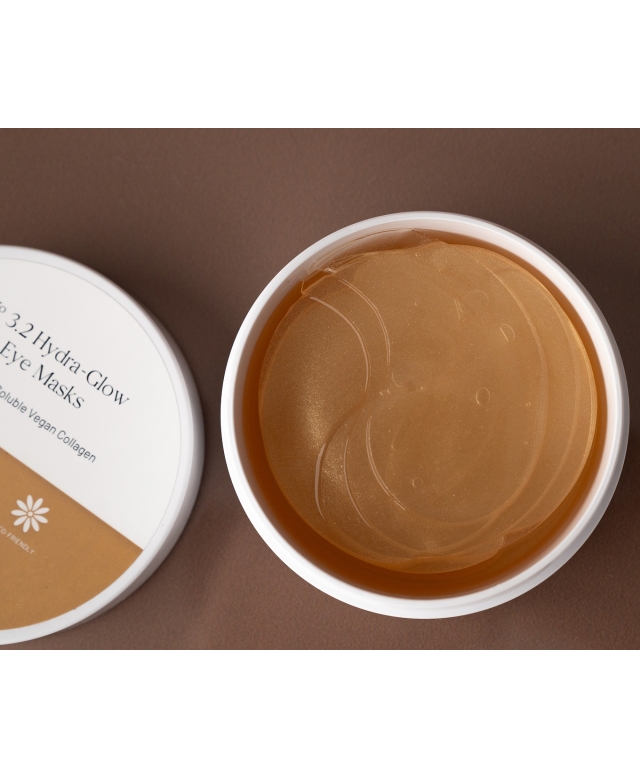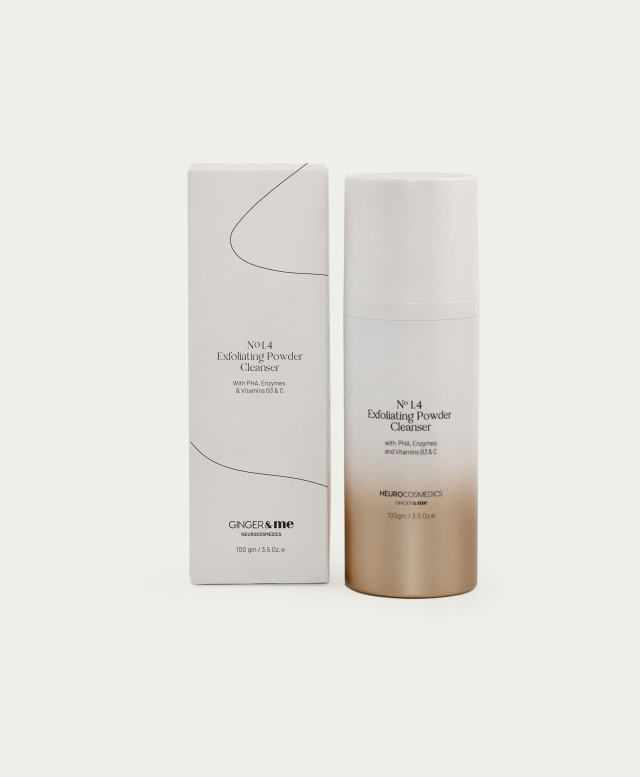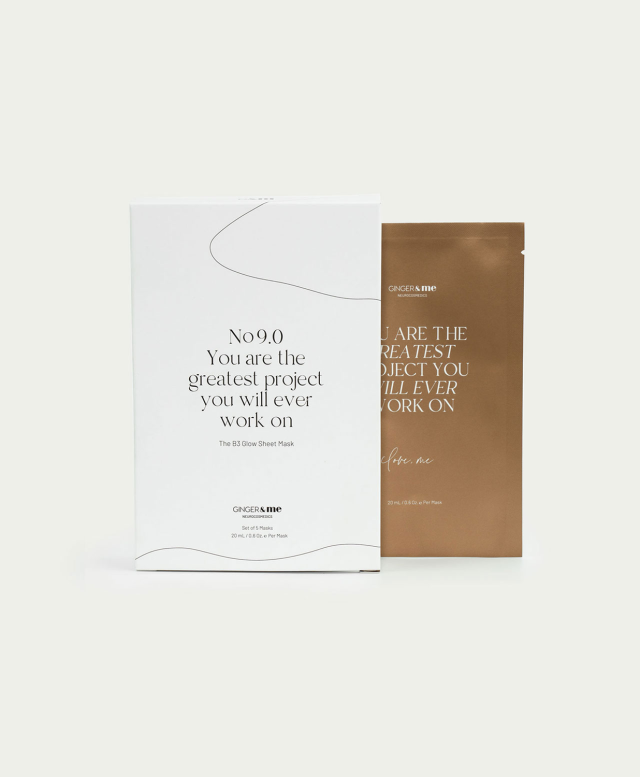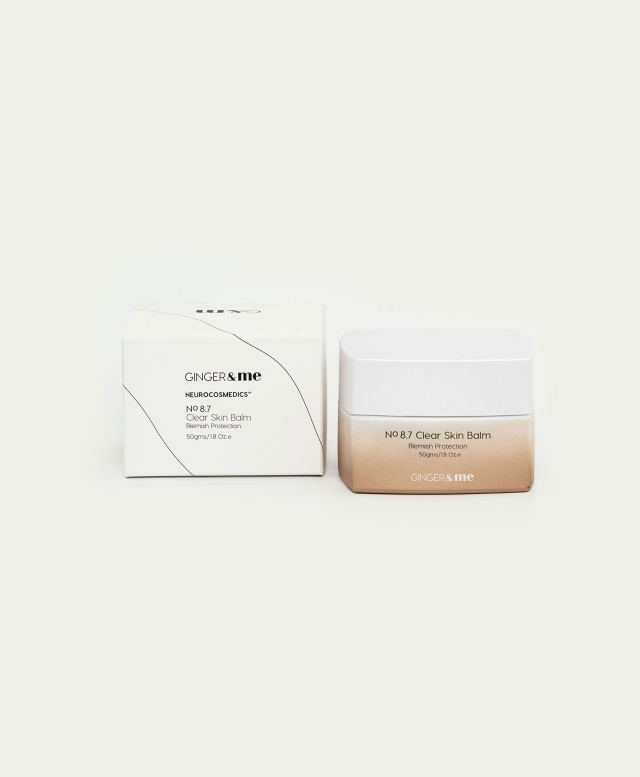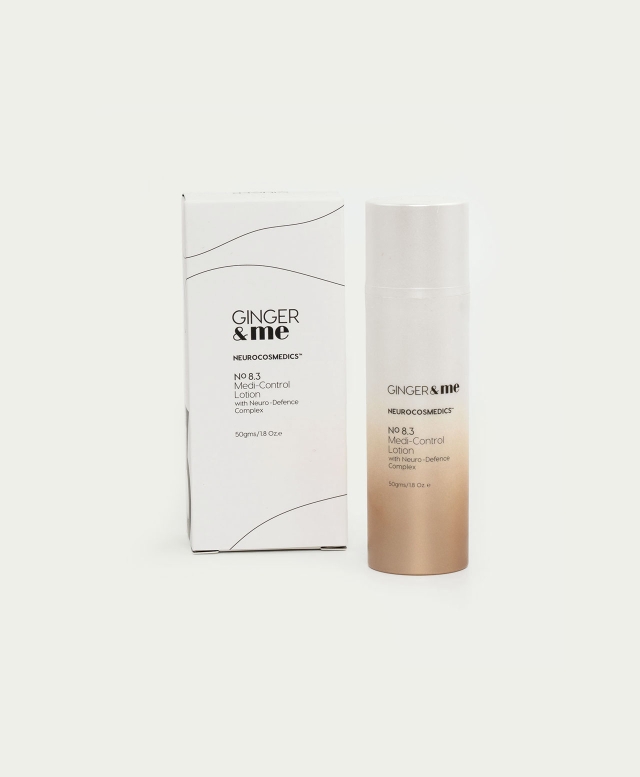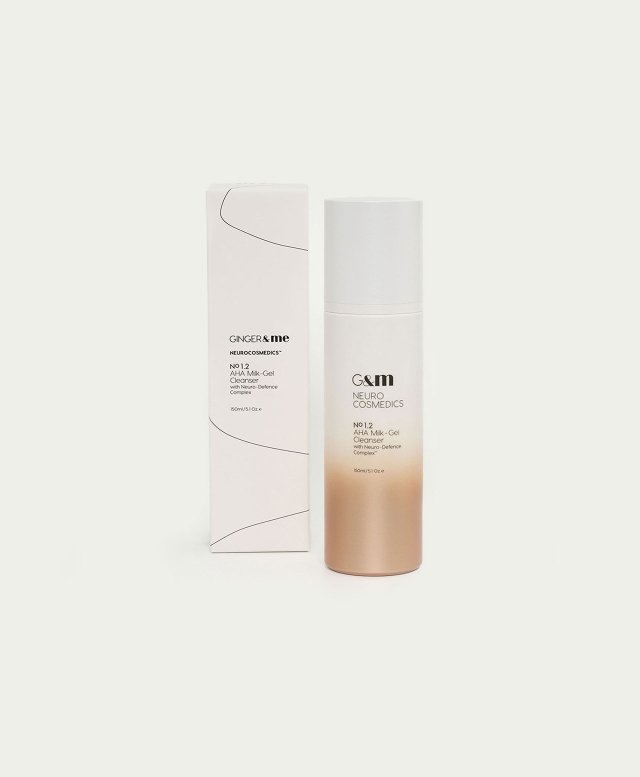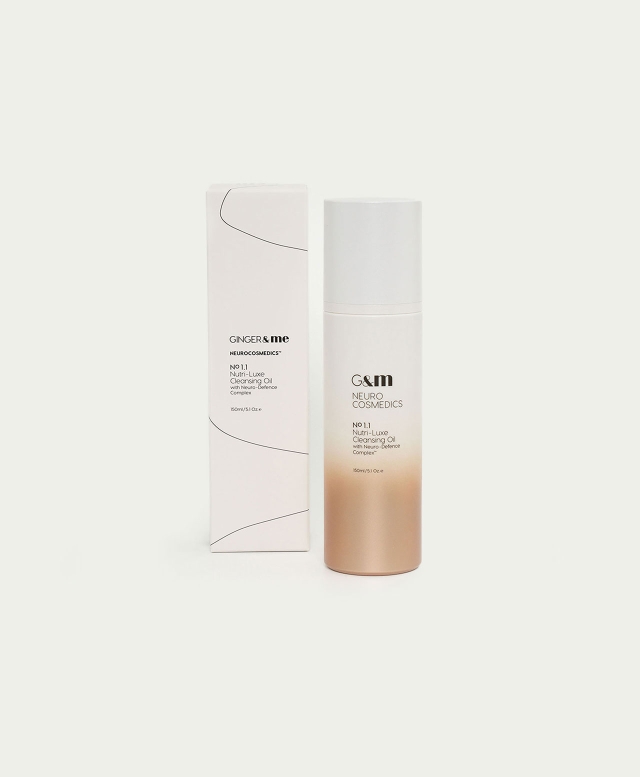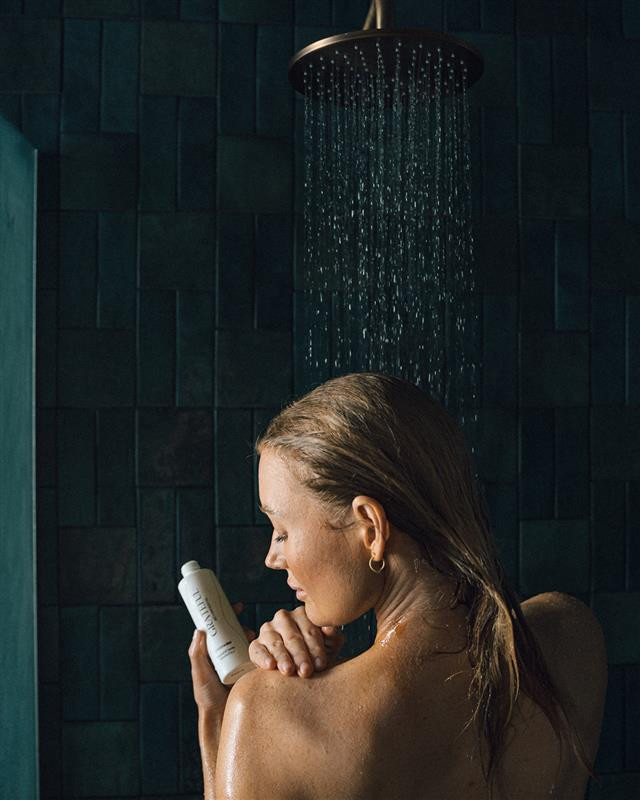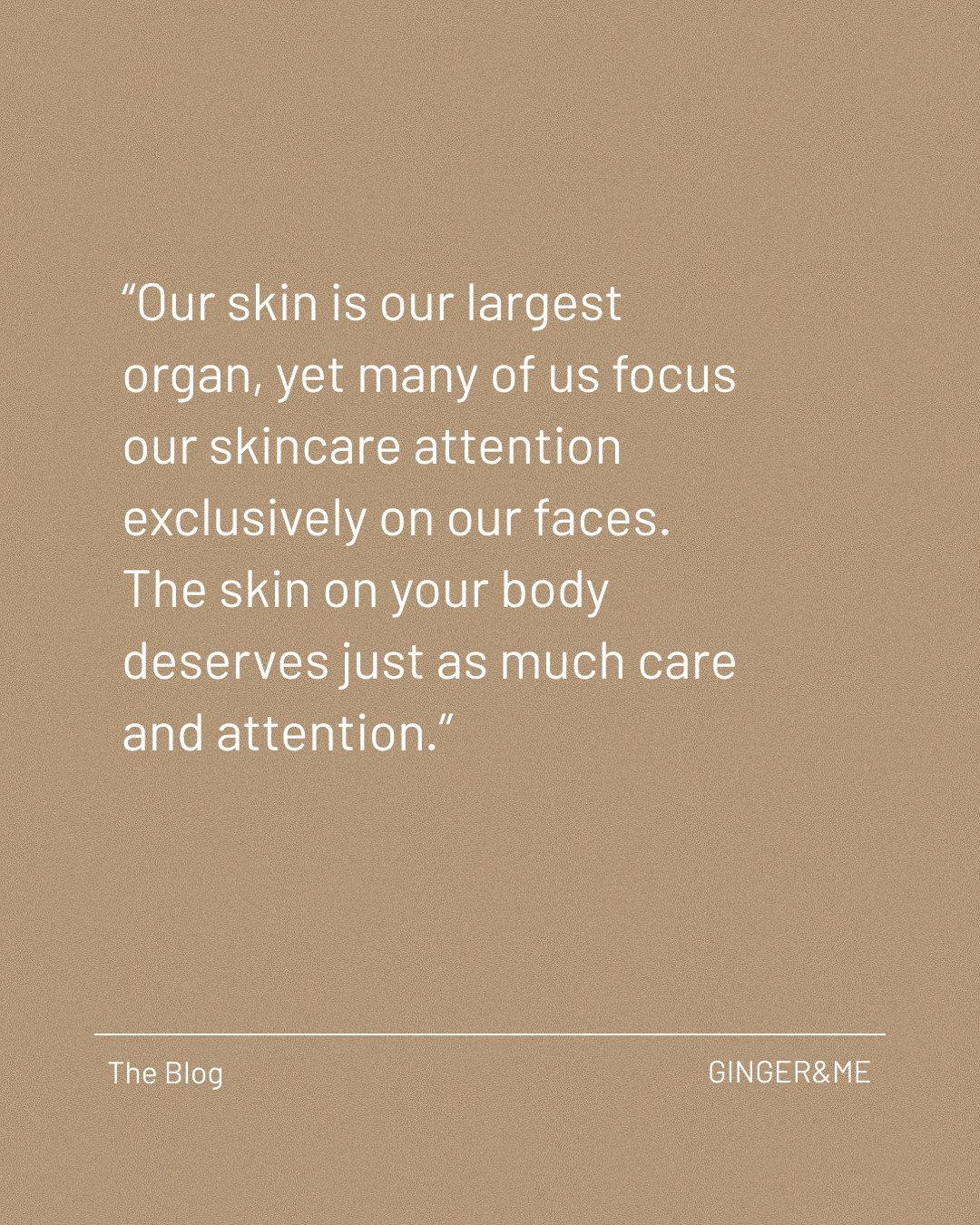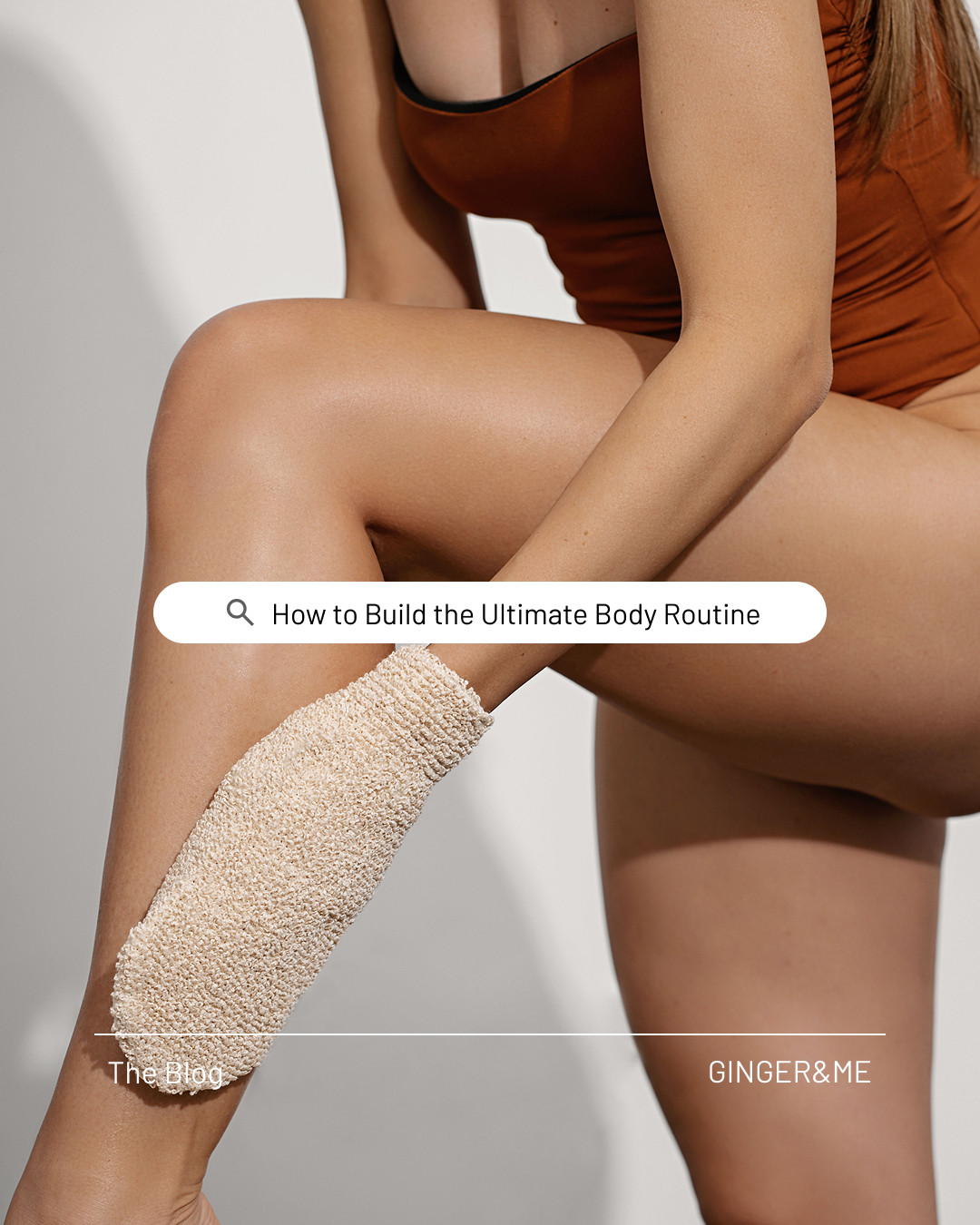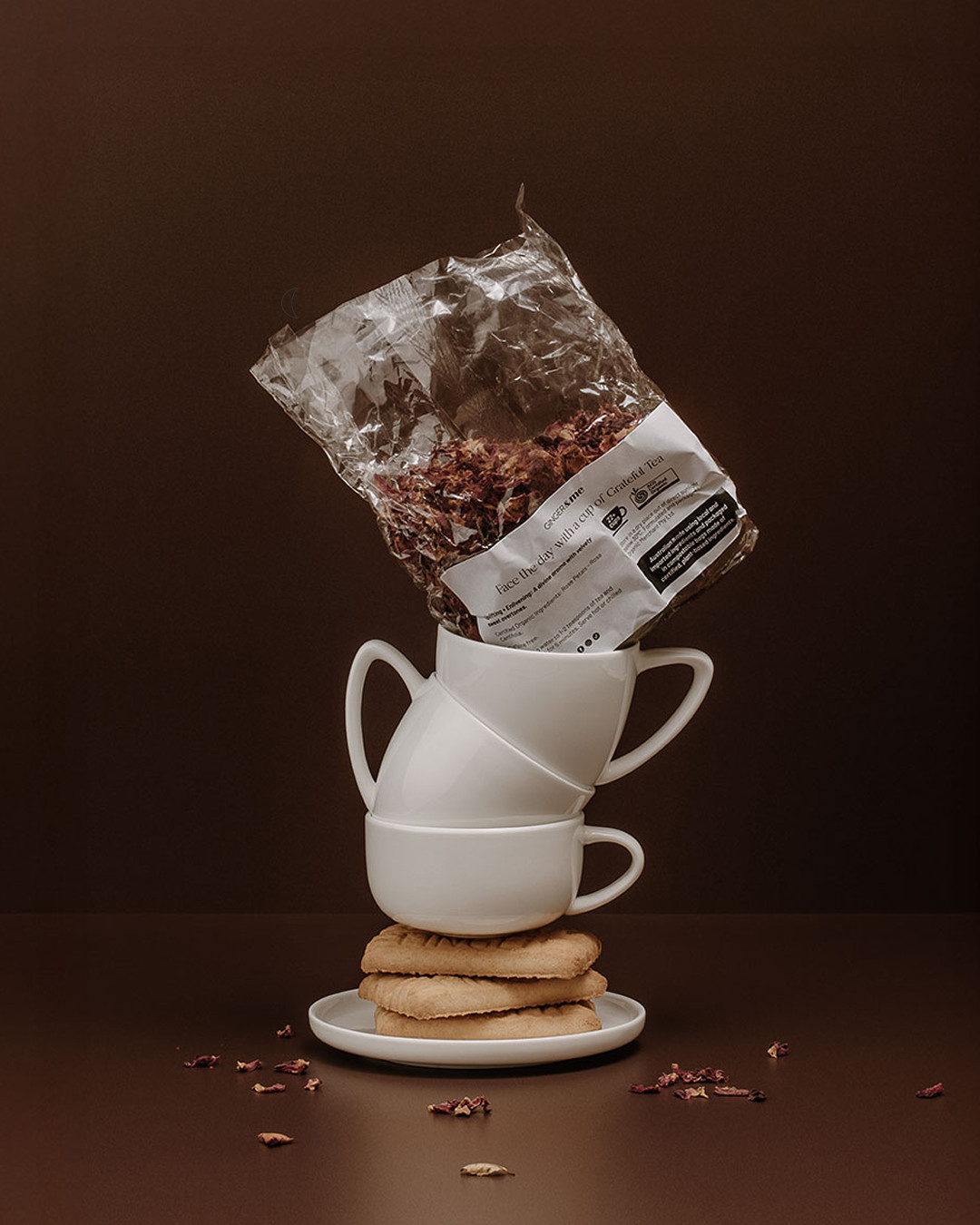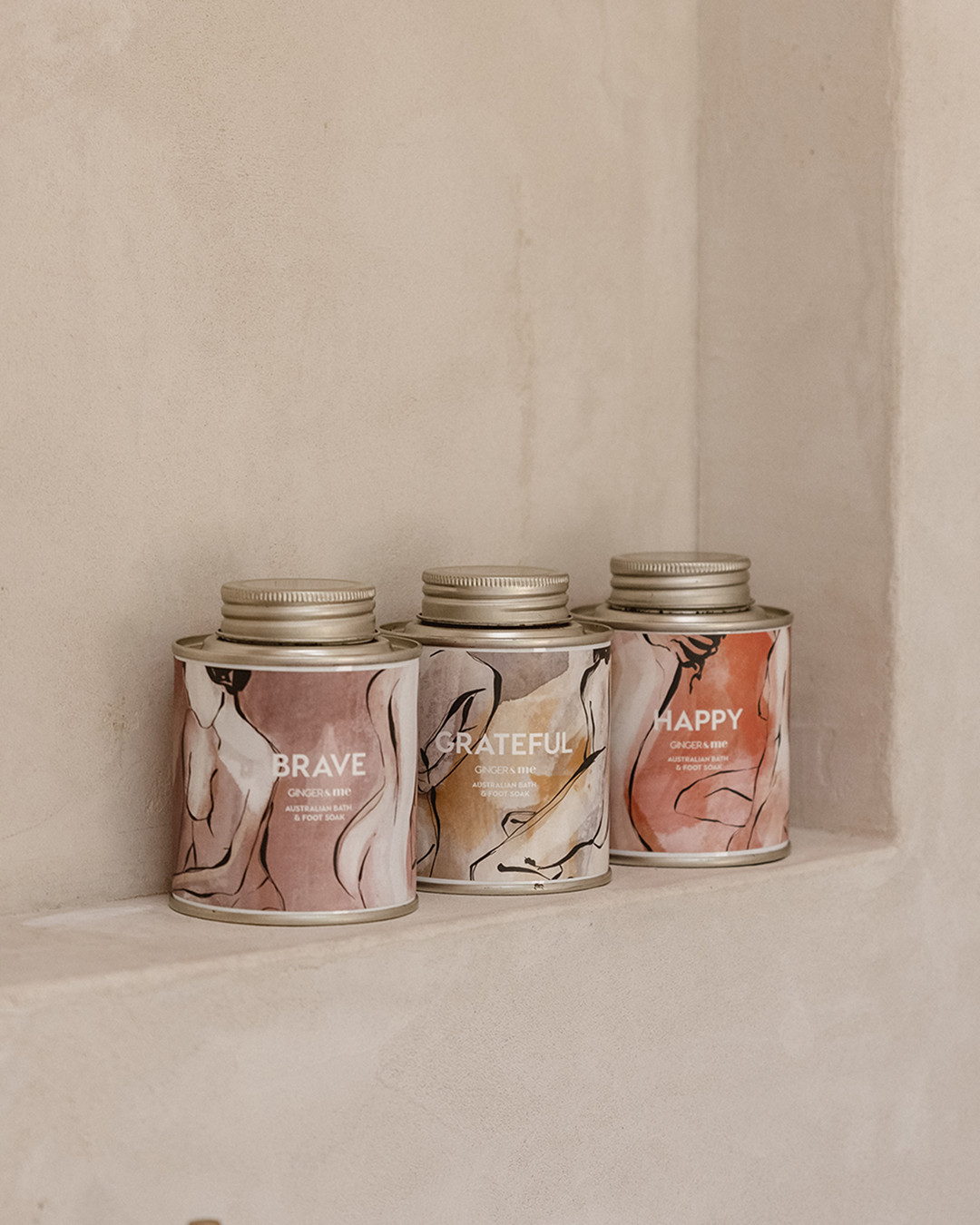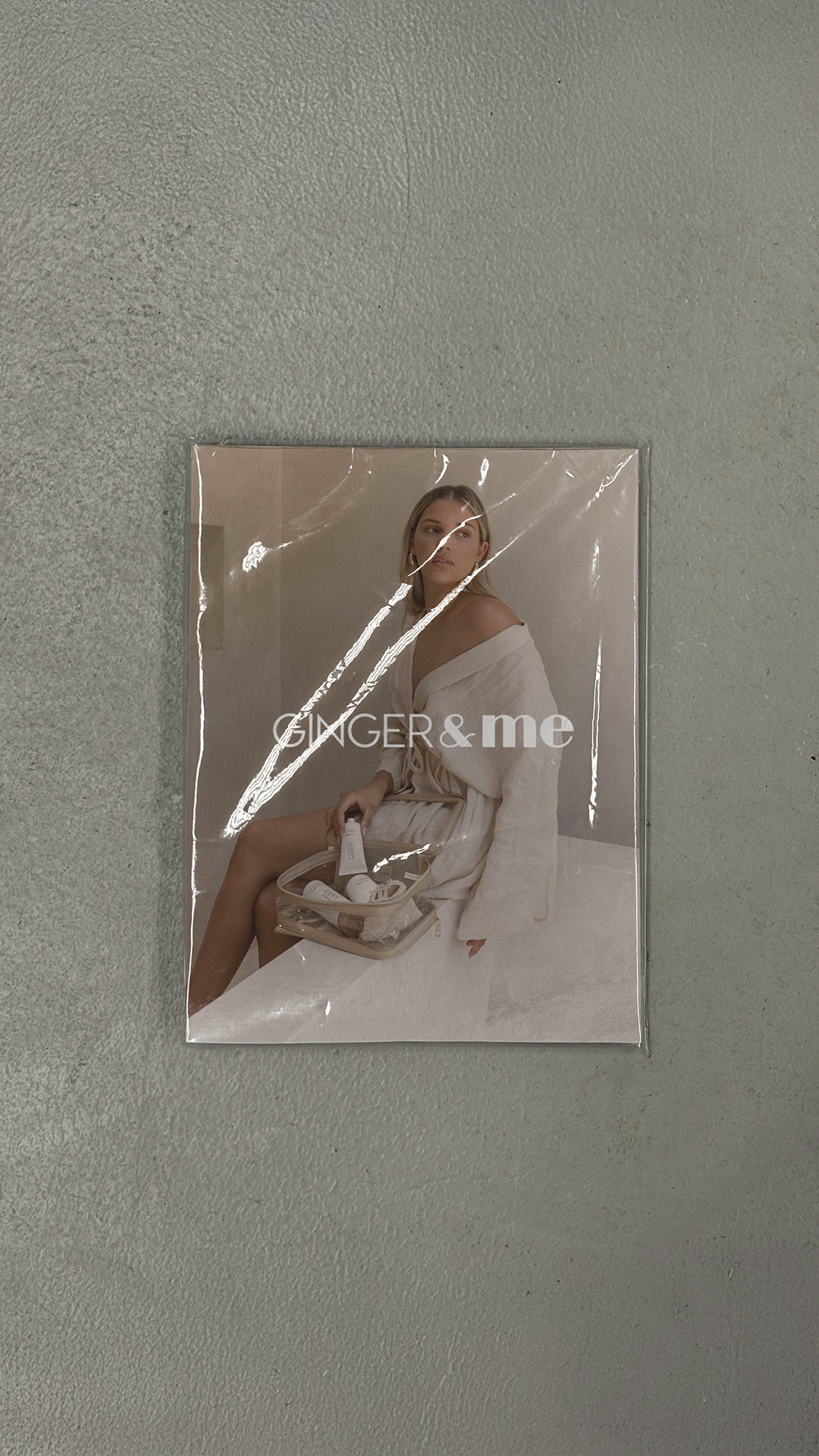Frequently Asked
Questions
What is the best skin care routine for acne?
+A simple skin care routine for acne includes cleansing twice daily, using the best skin care treatments for acne that contain anti-bacterial and anti-inflammatory ingredients, applying a lightweight moisturiser, and finishing with SPF in the morning. A professional skin assessment should always be had for those that suffer with acne to ensure the correct product prescription based on the severity of the acne.
How do I choose the best skin care treatments for acne?
+Have a professional skin assessment with a Skin Expert who can identify the stage of acne and prescribe the correct skin care regime. Look for acne skin care products with ingredients that offer antimicrobial, anti-inflammatory, hydrating and protective benefits to calm and clear acne-prone skin. These helps reduce breakouts, unclog pores, and improve skin texture, making them the best skin care for acne.
For more guidance on finding the best skin care for acne that is tailored to your skin, visit your nearest NEUROCOSMEDICS skin clinic or start a live chat on our website with a G&M Skin Expert.
Are acne skin care products safe for sensitive skin?
+The best skin care treatments for acne are not harsh on the skin and can cater to sensitive skin as acne is an inflamed skin condition and requires gentle care. Opt for gentle formulas in your skin care routine for acne, with calming ingredients that inhibits acne causing bacteria without irritation and dryness.
How long does it take for acne skin care products to work?
+What ingredients should I avoid in my skin care routine for acne?
+Are natural acne skin care products effective?
+Yes! Natural acne skin care products such as our Clear Skin Balm is 100% plant-based butter blended with natural oils and Clear Oléoactif® which is a powerful antioxidant, antimicrobial and anti-inflammatory derived from organic thyme and camelina oil, which helps to calm and clear acne prone skin.
Our Medi-Control Lotion also makes the best skin care for acne as it is a natural medical product containing Granactive Acne®, a botanical complex containing rice bran, boswellia and honey extracts combined with oligopeptide-10 which is anti-microbial peptide (derived from plant amino acids) to treat acne symptoms without the negative side effects of irritation and dryness.
Combine these natural acne skin care products with our AHA Milk-Gel Cleanser in your skin care routine for acne for clear, smooth skin.
What are the best skin care treatments for acne at night?
+A night time skin care routine for acne should include cleansing with a decongesting, gentle face wash, using a lightweight, non-comedogenic moisturiser to treat acne, and a nourishing treatment balm to repair, calm and soothe the skin overnight.
Is double cleansing good for acne-prone skin?
+Yes! Using a gentle oil-based cleanser such as Nutri-Luxe Cleansing Oil followed by a water-based cleanser removes excess oil, makeup, and impurities without stripping the skin, reducing clogged pores and breakouts.


